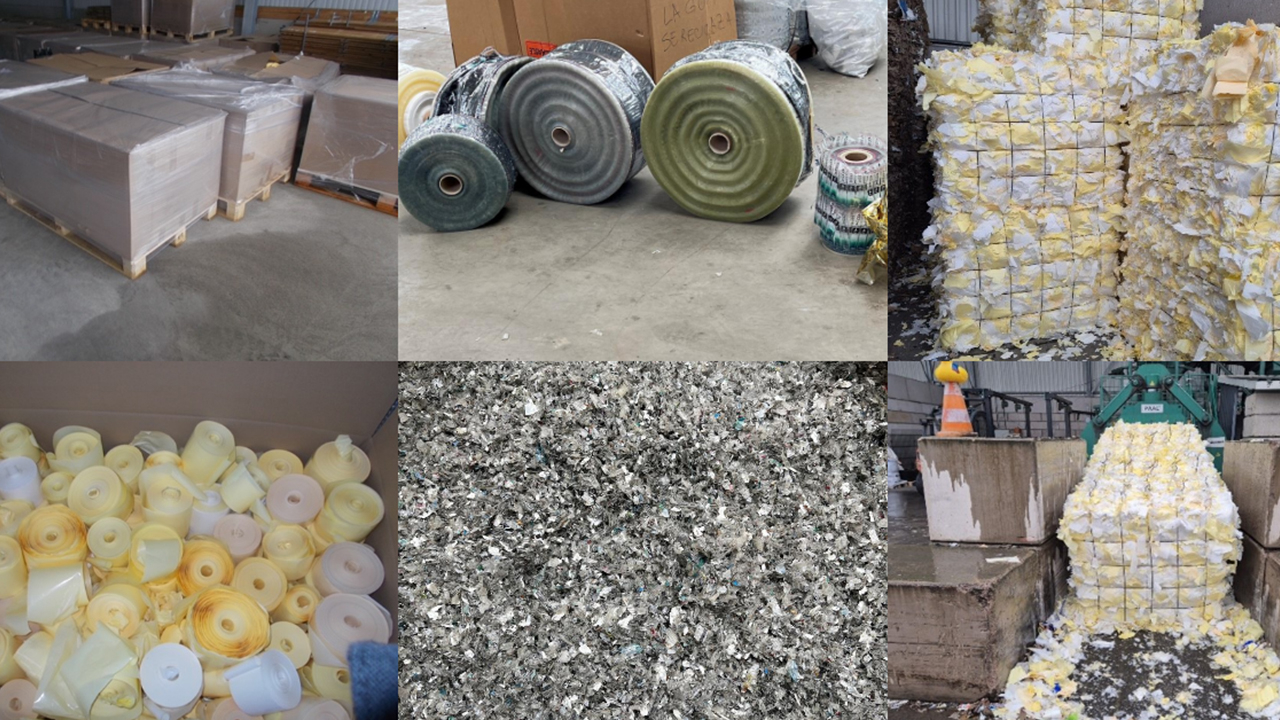Heidelberg UK signs up to print campaign

Heidelberg UK has joined the Two Sides campaign, in a move that it said will help its customers secure more business.
The Two Sides campaign promotes responsible production and use of print and paper, and seeks to dispel common environmental misconceptions by providing users with verifiable information on why print and paper is an attractive, practical and sustainable communication medium.
Heidelberg’s UK outfit joins the UK operations of KBA, Kolbus and Renz as a printing equipment manufacturer supporting Two Sides. Supporters of the Two Sides campaign come from across the print industry, from representative bodies and associations such as BPIF, PEFC, PrintCity Alliance and the Office of Government Commerce, to material suppliers like Stora Enso, Arjowiggins, M-real (Metsä Board), UPM and Sappi. Fujifilm and Sun Chemical are also among the 300 member companies, as are packaging firms Alexir Packaging and Curtis Print & Packaging.
Gerard Heanue, managing director at Heidelberg Graphic Equipment Ltd, said: ‘Many of our customers greatly appreciate the campaign by Two Sides to counter the negative messages about print from ill-informed or misguided agencies by presenting the facts clearly and lobbying on behalf of our industry.
‘If Two Sides can help ensure a “level playing field” allowing printers to secure more business then this is going to be good for our customers and we are delighted to be able to support Two Sides in achieving this goal.’
Martyn Eustace, Two Sides director, said: ‘Heidelberg is a great organization and a natural partner to have onboard for our campaign. It is at the forefront of print innovation, continually striving to improve the attractiveness and effectiveness of print media in an increasingly digital world.
‘Sustainability and environmental protection are a focus of all of the company’s activities. Measures in connection with the development, production and use of its products are reducing resource consumption and therefore carbon and other emissions as well as process-related waste.’
Stay up to date
Subscribe to the free Label News newsletter and receive the latest content every week. We'll never share your email address.

